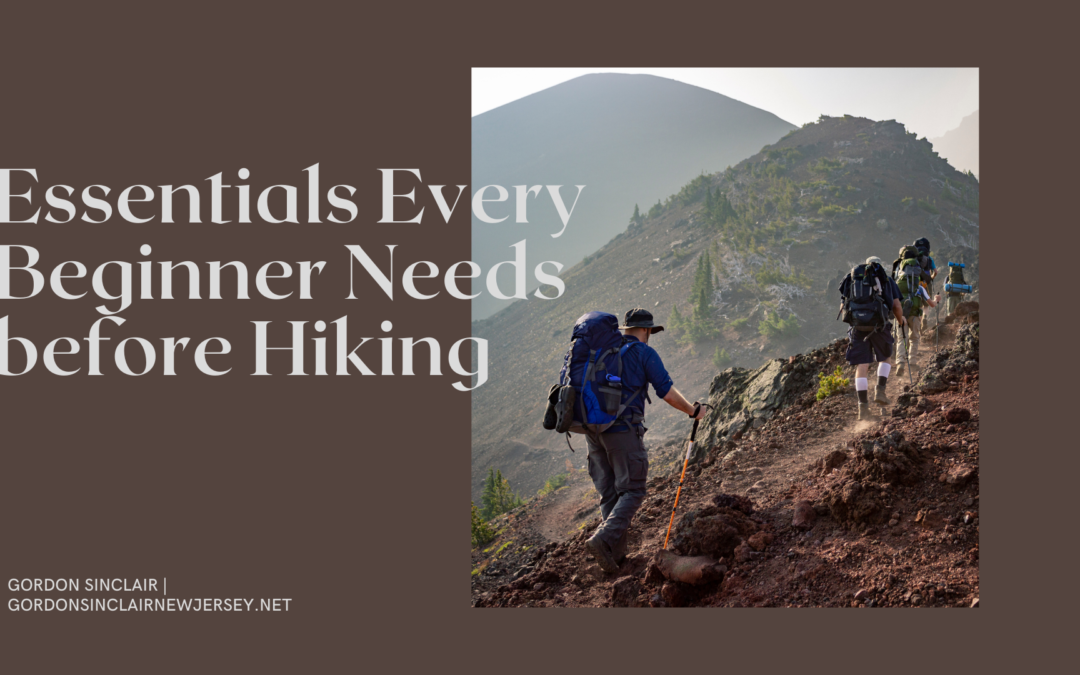Hiking is a low-impact workout that lowers stress levels, improves bone density, reduces heart disease risk, and enhances overall well-being. Due to the immense benefits, there have been approximately 49.69 million hikers in the USA between 2006 and 2019. One great thing about hiking is that it doesn’t require special skills, provided that you make the necessary preparations. Here are a few essentials that every beginner needs.
Navigation Tools
Before you set out for hiking, ensure that you have tools like maps, compass, navigation apps, or GPS units. They will help you identify land features and locate your position should you get off-trail. Phone navigation apps or GPS units might fail, so it’s important that you learn how to read a map and use a compass.
Proper Hiking Gear
The terrain you intend to hike will highly determine the kind of footwear you choose. While hiking on a flat smooth trail, you can use your running shoes if you don’t have hiking footwear. However, go for over-the-ankle hiking boots while taking long walks in rough terrain. Choose comfortably fitting pants, breathable t-shirts, and carry waterproof jackets for the rainy region. Go for nylon and polyester rather than cotton fabrics. Convertible pants are also a good idea, and also remember to carry gloves, a hat, and sunglasses.
Food and Water
No matter how short the hike is, always bring water and food. Carry water in a collapsible reservoir about half a liter per hour, but you can adjust this based on the length and intensity of the hike. Bring along snacks like nuts, energy bars, or sandwiches. Carry water treatment tabs and purification filters when going on a long trip in an area with water sources.
First Aid Kit
Unfortunately, you might get injured or sick while hiking. Therefore, you should carry a first aid kit with important medicine, medical tape, insect sting treatment, antiseptic wipes, and assorted bandages.
The Right Backpack
You will also need a backpack with the right capacity to hold your basic items. Choose one with many pockets, loops, padded straps, and a hip belt to distribute the weight. Ensure that the bag is also water-resistant.
The Bottom Line
The exact items you should carry while hiking will vary based on the type of terrain, distance, and weather. Even when planning for a few hours hike, remember to bring along the above-outlined necessities.
